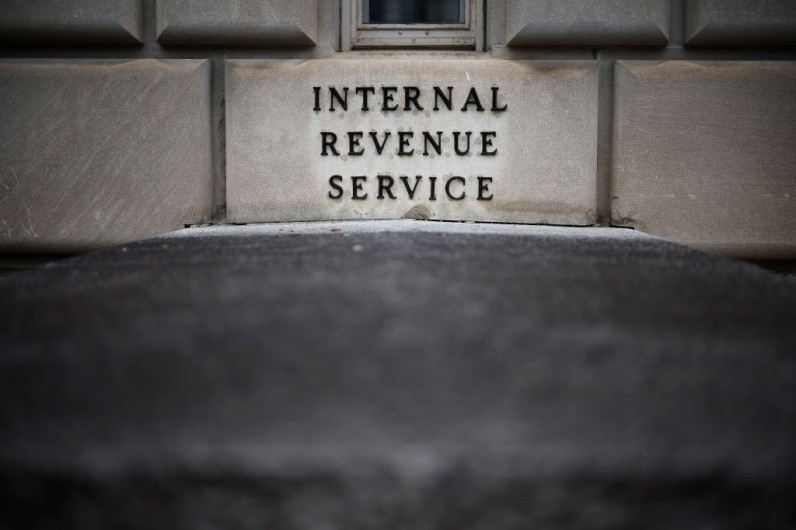
The IRS has released new guidance for individuals considering early withdrawals from their retirement accounts. Typically, there is an additional 10% tax applied when withdrawing funds.
New Exceptions Allow Emergency Withdrawals from Retirement Plans
However, starting from the beginning of this year, certain circumstances have allowed for exemptions, such as cases involving domestic violence victims or individuals facing personal emergency expenses.
Individuals facing personal emergency expenses are eligible to withdraw up to $1000 from a qualifying plan. Similarly, domestic violence victims can access up to $10,000 from the same plan, WearNews reported.
Withdrawals made after reaching the age of 59 ½, withdrawals due to death or disability, distributions performed as part of a series of equal periodic payments for your entire life or the lives of you and your chosen beneficiary, as well as withdrawals made by an employee after separating from service after turning 55 (excluding from an IRA) are all exceptions under section 72(t) of the tax code.
Under the SECURE 2.0 Act, new exceptions have been added to include distributions for emergency personal expenses as well as victims of domestic abuse. The IRS has also provided additional guidance on this matter.
New IRS Rules
Emergency personal expense distributions are payments made to an individual via an eligible retirement plan (typically a section a section 403(b) plan, 401(k) plan, a section 403(a) annuity plan, a governmental section 457(b) plan, or an IRA) to meet unexpected or immediate financial needs for personal or family emergencies.
There are three limitations that apply to emergency personal expense distributions:
1. It is important to note that only one distribution per calendar year can be considered as an emergency personal expense.
2. The withdrawal limit is set at $1,000, without any adjustments for inflation. However, it can also be limited to your nonforfeitable accrued benefit under the plan, minus $1,000, whichever is lower.
3. If you have claimed an emergency personal expense distribution in a particular calendar year, you will not be eligible to do so again for the next three calendar years. This restriction can be lifted if you fully repay the previous distribution or if the total amount of elective deferrals and employee contributions to the plan after the distribution is at least equal to the unpaid previous distribution.
Additionally, a new section has been introduced, specifically section 72(t)(2)(K), which offers a fresh exception for individuals who have experienced domestic abuse.
An eligible retirement plan can provide financial support to individuals who have experienced domestic abuse, Forbes reported.
To be eligible, the distribution needs to be made within one year from the date when the person experiences domestic abuse from their spouse or domestic partner.
The term "domestic abuse" is defined in section 72(t)(2)(K)(iii)(II) as encompassing a range of harmful behaviors, such as physical, psychological, sexual, emotional, or economic abuse.
These actions may include attempts to exert control, isolate, humiliate, or intimidate the victim, as well as undermining their ability to think independently.






Join the Conversation